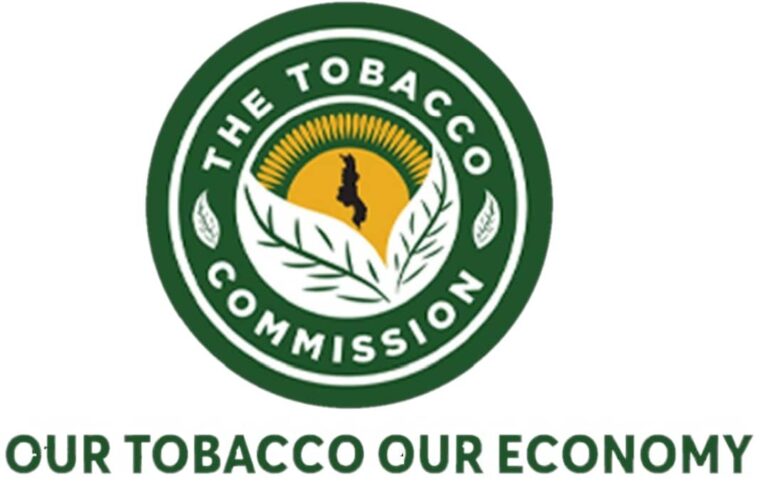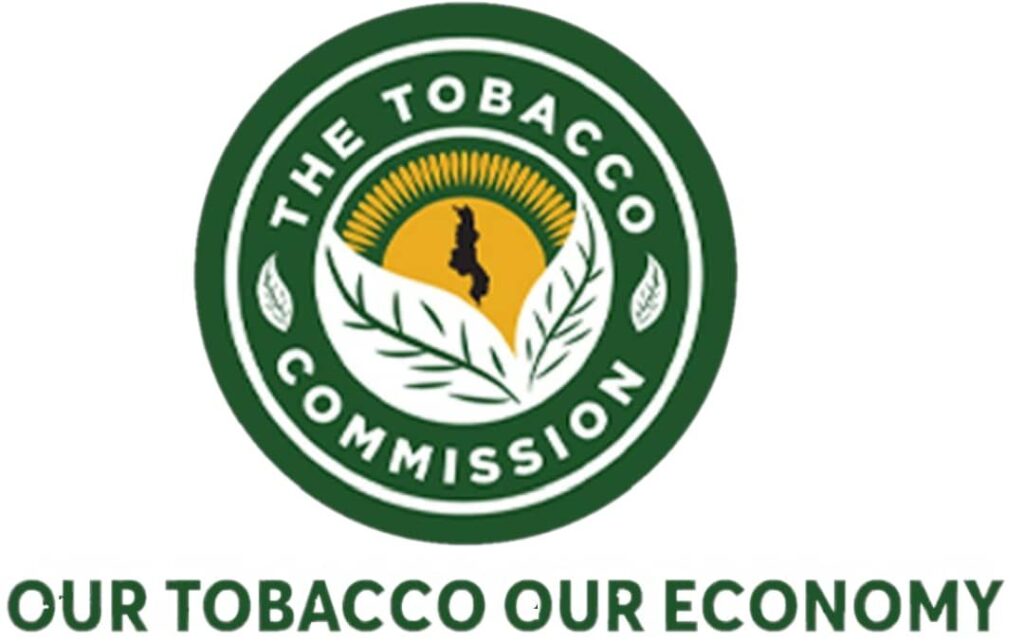By Burnett Munthali
Mzuzu Stadium was alive with excitement and anticipation today as a total of 1,036 students graduated with certificates, diplomas, and degrees from the University of Livingstonia (Unilia). The atmosphere was electric, with families, friends, and well-wishers filling the stadium to celebrate the achievements of the graduating class.
As the procession of students made their way to their seats, the crowd erupted into cheers, singing and dancing to mark this significant milestone. The colorful academic gowns and caps added to the festive spirit of the day, while the joy and pride were evident in the faces of the graduates and their loved ones.

This marked the 18th congregation of the university, a historic moment for Unilia, which continues to play a pivotal role in shaping the future of Malawi’s workforce. Among the notable attendees was Jailos Kamisa, Moderator of the Church of Central Africa Presbyterian (CCAP) Synod of Livingstonia and Chancellor of the university. His presence added significance to the event, reinforcing the strong ties between the university and the church.
Also in attendance was Richard Mkandawire, Board Chairperson of the National Planning Commission, who graced the occasion with his presence. Mkandawire, a distinguished leader in Malawi’s development planning, delivered inspiring remarks that underscored the importance of education in driving the nation’s progress.
As the graduates received their certificates, diplomas, and degrees, the sense of accomplishment was palpable. For many, it marked the culmination of years of hard work and dedication, a journey filled with challenges and triumphs. The speeches from university leaders and dignitaries echoed a common theme: the graduates are the future leaders of Malawi, and they are expected to use their knowledge and skills to contribute to the development of their communities and the nation at large.
The 18th congregation of the University of Livingstonia will be remembered not only for the achievements of the graduating class but also for the vibrant celebration of education and progress in Malawi. As the day’s events came to a close, the graduates and their families departed with smiles on their faces, ready to embark on the next chapter of their lives, armed with the knowledge and qualifications they earned.
This day will forever remain a cherished memory for all who witnessed it, a reminder of the power of education and the bright future that awaits these new graduates.









